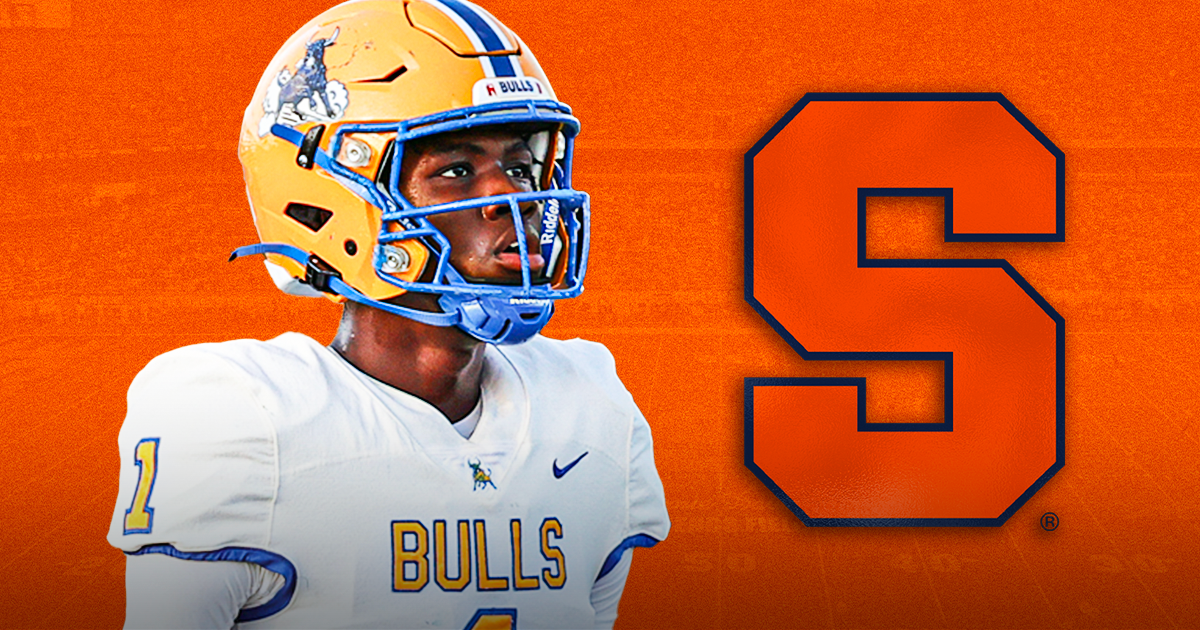Trump’s plans for a UFC event at the White House marks the end of sports being for everyone
Open this photo in gallery: Jun 7, 2025; Newark, New Jersey, UNITED STATES; CEO of the UFC Dana White and the President of the United States Donald Trump before a bantamweight title fight during UFC 316 at Prudential Center. Mandatory Credit: Vincent Carchietta-Imagn ImagesVincent Carchietta/ReutersIf you had to put the major sports on a left-to-right political continuum, it would probably go like this: basketball, soccer, baseball, football. Hockey’s Canadian so it plays things down the middle.Women’s sports are leftie regardless of what’s being played. Combat sports are rightist, often cartoonishly so. There must be no more conflicted athlete in the world than a women’s mixed martial artist.These are generalizations, not hard rules, but they are becoming so.In the midst of a long, live rant on Thursday, U.S. President Donald Trump said that among his goals for the coming year, he’d like to host the fights at his place.“We’re going to have a UFC fight – think of this – on the grounds of the White House,” Trump said.A spokesperson later said that Trump was “dead serious.” Some days it really does feel like Idiocracy was a documentary.We’ve been headed in this direction for 15 years or so, but this is the actual end of the idea of sports being for everyone. Going forward, they will be for people who agree with the political goals and objectives of a critical mass of the owners, players and followers of that particular sport.Want to watch women’s soccer? Great. Welcome. Have some thoughts on abortion? They better be the right sort, or you’re out.The opposite right-sort-of-opinion rule applies if you’d like to get on the SEC football bandwagon, but the eviction rules are the same.Open this photo in gallery: The WNBA has been notably progressive on numerous social issues, standing in contrast to what would align with social conservatism today.Thearon W. Henderson/Getty ImagesThere is no such thing as a socially conservative WNBA fan, unless they’re keeping it a secret. There are no out-and-proud BLM-supporting NASCAR obsessives.How you feel about transgender participants in sport probably delineates which sports you are interested in, and rigidly determines what you would be willing to say about the issue while sitting in the stands at a game.For years, people have been warring over the direction of the leagues they enjoy. Some leagues are able to manage this divide. The NHL does a fairly good job of it, talking progressive, being regressive, and still maintaining their reach. Still, the tenuousness of this detente is occasionally revealed.Remember the hysteria when people thought they’d heard Toronto Maple Leaf Morgan Rielly yell a homophobic slur in the midst of a game? For a couple of hours, you could feel the political rumble brewing as the sides fronted up online. Then it turned out that Rielly was yelling, “Rag it” – a hockey term of art. And everyone just melted back over their side of the line. The fight to come was still to come.I’m sure there are exceptions to all these examples, but each of them proves the rule. As much as your earning power, your education and your background, your sports preferences have become unmissable expressions of your politics.For 75 years, sports worked the opposite angle. Since Jackie Robinson broke the colour barrier in baseball, sports were for everyone. That was the whole appeal – a popular entertainment that could be obsessed about (and paid for) by consumers from the smallest child to the creakiest oldster.In recent years, sports had widened this outreach across the gender divide and around the world. Manchester United started out as a preserve of south and west Manchester. Now it is for the entire world, providing they have enough cash to buy a shirt.No other form of culture is like this. You don’t read Proust when you’re 8 and you don’t go to punk shows when you’re 80. You don’t go to a museum and scream at the Jenny Savilles.Sports was a permanent DMZ in the culture wars, where all that mattered was that you pulled for the home team. No initiation required. Buy a hat, show up and cheer in the right places. For two or three hours, the people sitting beside are your best friends. There was no need to quiz them on their thoughts on immigration.Open this photo in gallery: When Jackie Robinson, seen here celebrated by the L.A. Dodgers, broke the colour barrier it was a unifying, sports-is-for-everyone moment. Those moments are fleeting these days, The Globe's Cathal Kelly writes.Kirby Lee/ReutersSports for everyone helped drain the bile by giving us an other to root against harmlessly. It was a ready-made community of your neighbours and group therapy for people who can’t afford the real thing.I guess that was working out so well that we had to ruin it.From a business perspective, the change makes sense. Sports for everyone worked when there were two or three sports you could reasonably follow. As a little kid, I loved NWA wrestling, and never once saw it on TV. We didn’t have cable. I followed it exclusively through magazines.Now there are dozens of sports and you can be watching them as quickly as it takes you to type out a few words. The Toronto Blue Jays are competing with the Indian Premier League. Like social media does, it’s time to break people down to their basest characteristics in order to extract money from them.The loyalties of casual fans are shaky. The loyalty of a political operator is rock solid, since the team is now tied up in their sense of identity.At best, two million people will purchase a typical UFC pay-per-view event. Seventy-seven million people voted for Trump in the last U.S. election. That’s a lot of growth potential.What would baseball give for that audience? More to the point, can they build a regulation diamond on the White House lawn?In the distant past, a person might say that they don’t follow football or cricket because they don’t like violence, or don’t understand the rules. In recent years, the expectation became that everyone should know and enjoy everything. If the Raptors were winning, you were a Raptors fan. If the World Cup was on, you liked soccer all of a sudden.In future, we’ll be back to the old way. There will be things you don’t watch, but not because you don’t get them, but because you do. Not in any certain way, but in the uneasy way that you get when you wander into a neighbourhood where you feel you don’t belong. It’s another step toward breaking down our institutions and turning us against each other.In that future, you’ll like the sports that you think like you, and you will hate the other, but for real this time.



.jpg)







